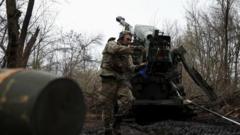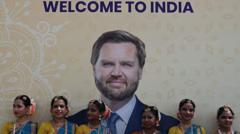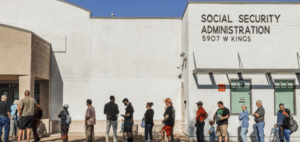During a recent meeting, President Trump expressed confidence in Putin's commitment to peace in Ukraine, while British Prime Minister Starmer pushed for a more proactive stance against Russian aggression.**
Diverging Perspectives: Trump and Starmer's Ukraine Stance at Oval Office Meeting**

Diverging Perspectives: Trump and Starmer's Ukraine Stance at Oval Office Meeting**
The contrasting views of President Trump and Prime Minister Starmer on peace in Ukraine highlight a growing rift in international relations.**
In a significant meeting yesterday in Washington, President Donald Trump and British Prime Minister Keir Starmer discussed the ongoing conflict in Ukraine and the potential for a peace agreement. Trump's remarks suggested a surprising degree of trust in Russian President Vladimir Putin, as he stated, "I think he’ll keep his word. I’ve known him for a long time now," which starkly contrasted Starmer's more cautious approach.
Starmer advocated for the deployment of British troops for post-war peacekeeping efforts, urging Trump not to concede to Putin's terms. When queried about U.S. support for Britain's peacekeeping initiatives if Russia were to breach any potential peace agreement, Trump appeared uncertain, oscillating between affirming and denying that the U.S. would assist. “They don’t need help,” he ultimately declared, causing concern about the United States' commitment to its allies.
Trump also announced that tariffs on Canada and Mexico would be imposed on March 4, citing insufficient efforts to curb drug trafficking into the U.S., while additional tariffs on China would soon follow. This comes amid controversies regarding the U.S.' changing relational dynamics with Europe, where many leaders feel the alliance has shifted significantly, with America no longer being the steadfast partner it once was.
Further complexities arise as Trump’s administration contemplates possible military actions against Mexican drug cartels, intensifying concerns over his foreign policy approach. The meeting has sparked discussions on the evolving landscape of international relations, revealing a fork in the road between traditional alliances and emerging geopolitical strategies.





















